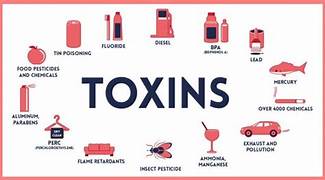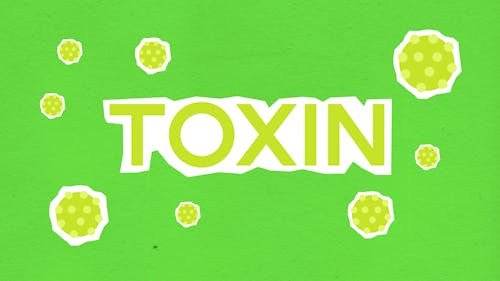Introduction
Mental health is an important topic for many people, as it has a significant impact on how we think, feel, and behave. One of the possible causes of poor mental health is exposure to toxins. Toxins are substances produced by living organisms or chemical processes that can harm a person when ingested, inhaled, or otherwise absorbed by the body. In this article, we will discuss what toxins are and how they can affect mental health.
What Are Toxins?
 Toxins are substances that have a variety of negative impacts on the body. They can be toxins produced naturally by living organisms such as plants and animals, or they can be chemical toxins from human-made sources. These substances often have a toxic effect on the environment, but they can also have a negative impact on human health when ingested, inhaled, or otherwise absorbed by the body.
Toxins are substances that have a variety of negative impacts on the body. They can be toxins produced naturally by living organisms such as plants and animals, or they can be chemical toxins from human-made sources. These substances often have a toxic effect on the environment, but they can also have a negative impact on human health when ingested, inhaled, or otherwise absorbed by the body.
Common examples of toxins include mercury, lead, pesticides, formaldehyde, and phthalates. These substances can be found in the air, water, soil, and food, and they can enter the body through inhalation, ingestion, absorption through the skin, or even inhalation of aerosolized particles.
How Do Toxins Affect Mental Health?
Toxins can have significant negative impacts on mental health, particularly when it comes to brain function, mood, and behavior. Research suggests that exposure to toxins can increase the risk of depression, anxiety, memory loss, and even dementia. Toxins can also interfere with neurotransmitters in the brain, which are responsible for regulating mood and behavior.
In addition to these mental health impacts, toxins can also cause physical symptoms. These include headaches, fatigue, nausea, and abdominal discomfort. Toxins can also weaken the immune system, making people more susceptible to illness and infection.
How to Reduce Toxin Exposure and Improve Mental Health
The best way to reduce the impact of toxins on mental health is to limit exposure to them. This can include avoiding areas with high levels of air pollution, being aware of pesticide use in the home, and avoiding foods that may contain chemical preservatives. It is also important to make sure that any products used in one’s home, such as cleaning supplies, are free of toxins.
In addition to reducing exposure to toxins, it is also important to practice good mental health habits. This can include getting plenty of rest, eating a balanced diet, exercising regularly, and staying connected with friends and family. Taking time for oneself and doing activities that bring joy can also help to reduce stress and improve mental health.
Conclusion
Toxins can have significant and detrimental effects on mental health. It is important to limit exposure to these toxins and to practice good mental health habits to reduce the potential negative impacts. If you are concerned with your levels of exposure to toxins, consulting with a healthcare professional can provide more information and advice on how to reduce this risk.
